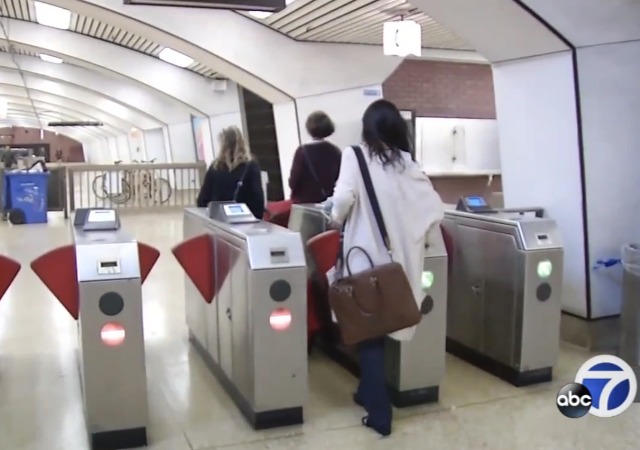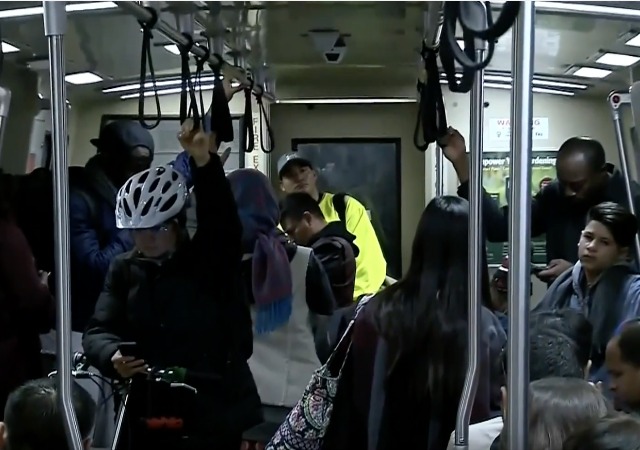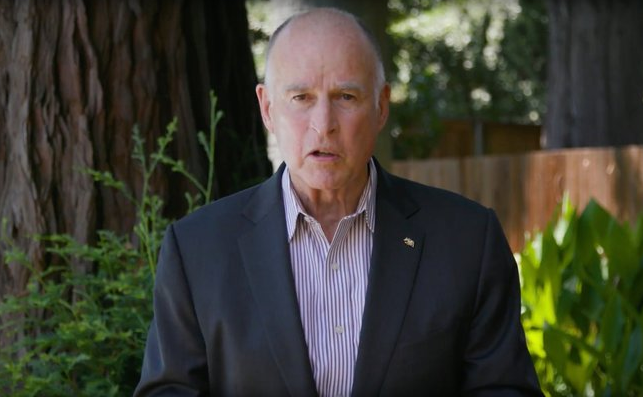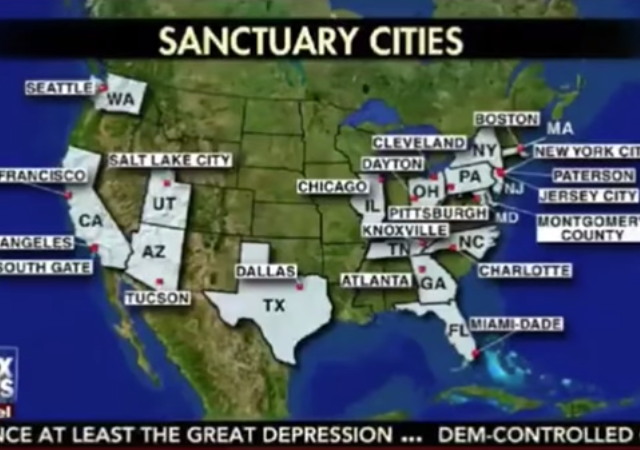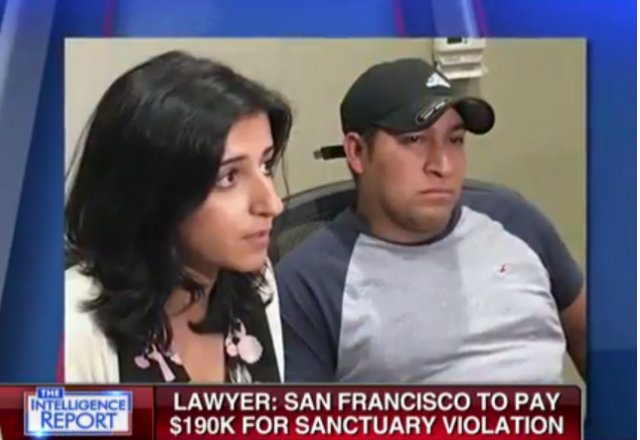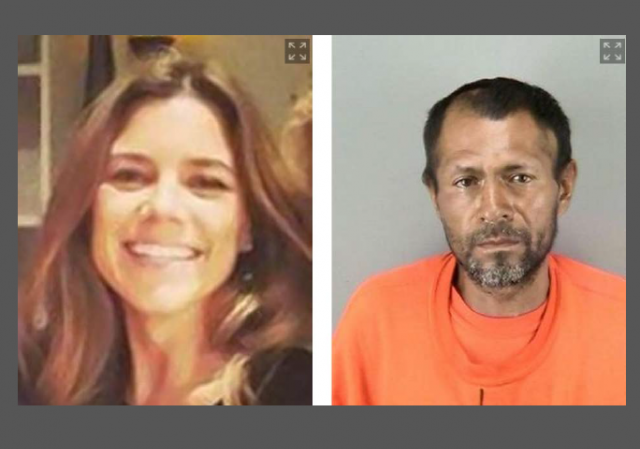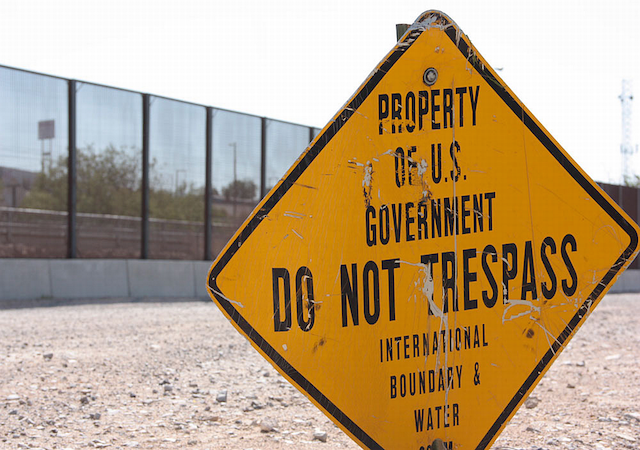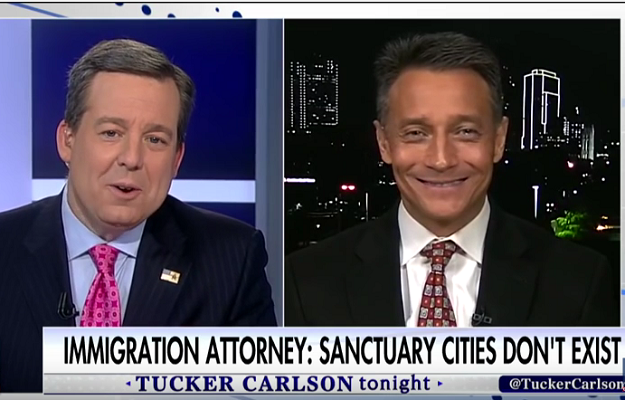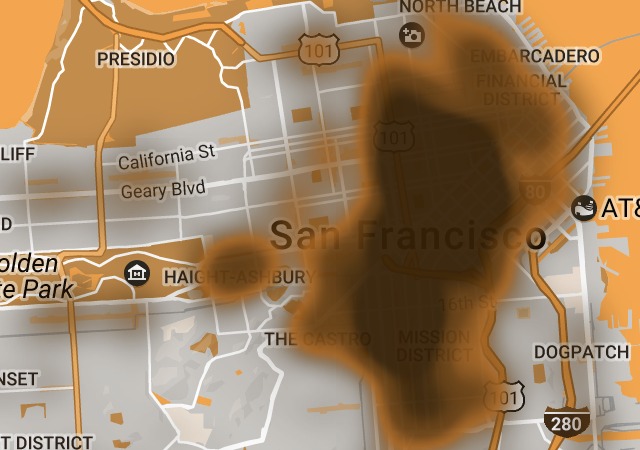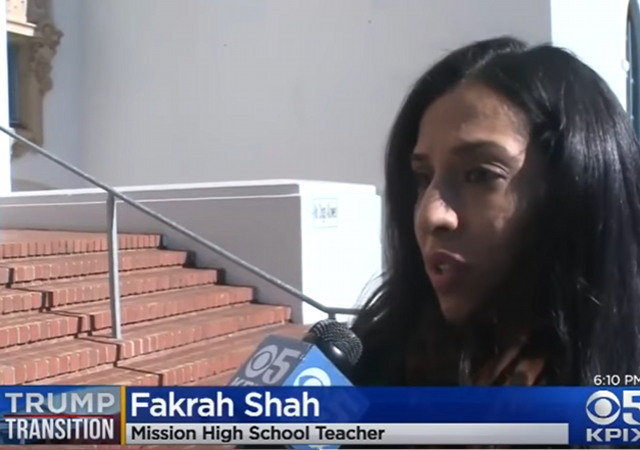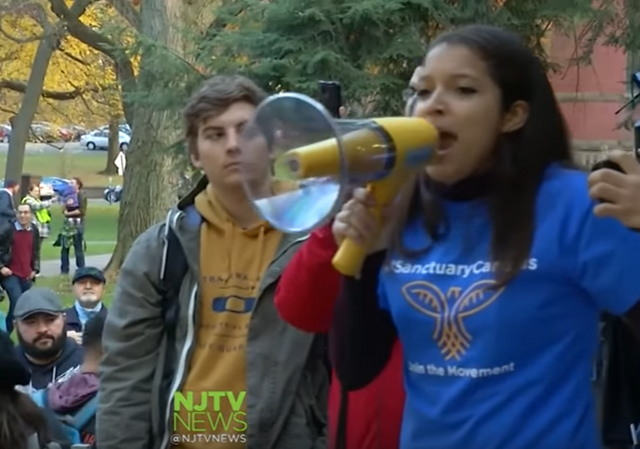San Francisco Transit Shielded Criminals Over Fears of Racist Public, Now Rapes, Sexual Assaults on the Rise
on July 19, 2017
19 Comments
The Bay Area Rapid Transit (BART) is entangled in a new controversy only a week after the public lashed out at officials for refusing to release video footage of crimes over fears the videos would incite racism.
Recent reports indicate that BART has seen double the amount of rapes in the first six months of 2017 than all of 2016.

